Whether you are new to the plumbing trade or a seasoned professional, it is important to familiarise yourself with the legal requirements that are in place to protect both you and the health and safety of the public.
The Water Supply (Water Fittings) Regulations 1999 are in place to ensure plumbing systems are installed and maintained correctly, as well as requirements for plumbing system designs, installation, repair and maintenance.
Therefore, as a plumber, it's important to stay up-to-date to ensure the safety and well-being of your customers. In our guide, we expand on what the regulations are, what they are for, and identify suitable products that all plumbers can use to easily meet plumbing regulations.
What are the Regulations for?
The most important plumbing regulation (Water Supply Regulations 1999) states that no water fitting should be installed, connected, arranged or used in such a manner that can produce any sort of waste, misuse, undue consumption or any contamination of drinking water supplied to the property by the customer's water supplier.
Additionally, the regulation also outlines the appropriate quality and standard of every water fitting and should conform to a proper standard or European technical approval.
The water fixture should also bear an appropriate CE marking in accordance with the directive and work to an appropriate standard that provides an equivalent level of protection and performance.
The water regulations apply at the property boundary for all buildings connected to the public water supply, including properties with a private supply connection.
There are also penalties in place if any installed water fixture contravenes any of the provisions of the regulations.
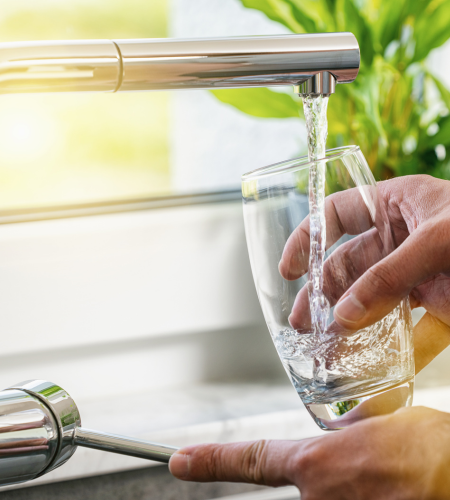
What Products Should You use?
To ensure that you meet plumbing regulations, you should only install products that have been tested and confirmed as suitable to carry drinking water to your customer's property.
Water is a food-grade product, and similar to food packaging, pipes and fittings cannot contain materials that can be harmful and may contaminate the water supply.
It is not illegal for merchants to sell unapproved fittings; however, it is against the law to install them onto a plumbing system, so it's best to check their suitability before buying and installing them.
By using an unapproved fitting, you can lead to the contamination of your customer's drinking water, which can be harmful to health or result in unpleasant tastes and odours.
The following approval bodies test and approve products and materials to ensure they are suitable for use with drinking water:
WRAS approvals are a certification body for plumbing and material products for keeping water safe. Products such as the Bristan Echo range and Speedfit plastic pipes have passed the necessary tests for being suitable fixtures for kitchens and the essential plumbing materials that will provide safe drinking water for customers without contamination.
Another certification is Kiwa. Kiwa is an approval scheme that's used for all manufacturers and distributors of plumbing products used in the supply of water within the UK. It covers products such as sanitary tapware pipes and fittings, valves, appliances, catering equipment, and WCs.
Lastly is the NSF Certification - which is another scheme in the UK that allows plumbing products and materials to demonstrate their compliance with the UK’s Water Supply (Water Fittings) regulations and bylaws. This is because they are in contact with drinking water, so they must pass a robust process before products can be installed by plumbers.
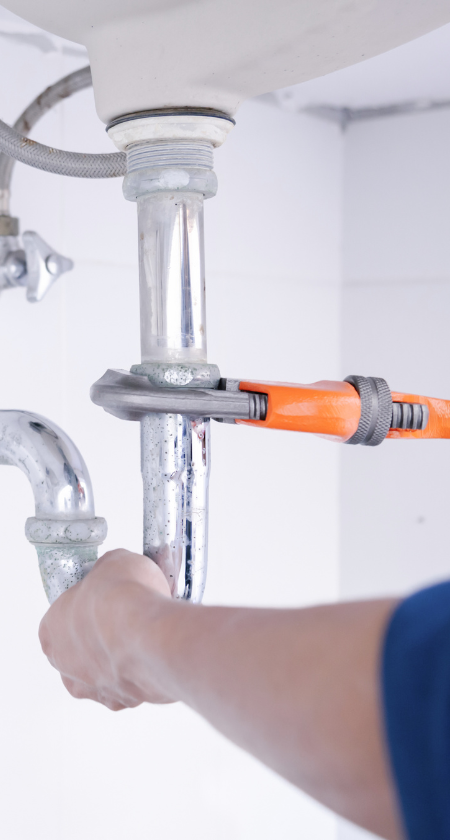
Are there Regulations for Changing your Plumbing?
If you plan on installing or altering your plumbing system, the water regulations may mean you must inform your water supplier before the work is carried out.
This is to ensure the new plumbing meets the Water Fittings Regulations and Byelaws, designed to keep drinking water supplies safe and healthy.
You must contact your water supplier if the work you are planning includes:
- Property extension
- Bidet with an flexible hose or upward spray
- Water treatment unit that produces water waste
- A reduced pressure zone
- A reverse osmosis unit
- Pump or booster providing 12 litres per minute
- Water systems outside either less than 750mm or more than 1350mm below ground
- A bath that can hold 230 litres of water
- A garden watering system (unless hand-operated)
- Installing a 10,000-litre swimming pool or pond
- Installing a rain harvesting system
- Extending the water system on a non-household building
The water supply regulations guarantee the safety and health of the public. As a plumbing installer, it is important to be familiar with these regulations and strictly adhere to them for each and every one of your plumbing installations.
Plumbing is a competitive trade, so stay ahead of the competition and learn about the essential tools needed to help prevent Legionella, or learn about the latest updates to ventilation regulations to keep you ahead of the game.
If you require any further advice, get in touch with our plumbing experts or visit your local city plumbing branch.
Other articles
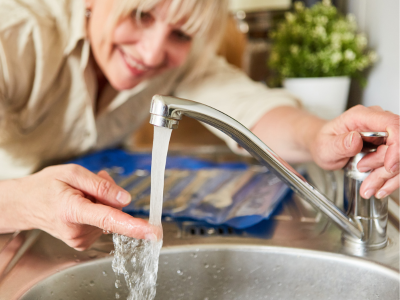
How to Keep Your Hot Water System Free From Contaminants: 5 Key Steps
15 Sep 2023 ・ 5 mins
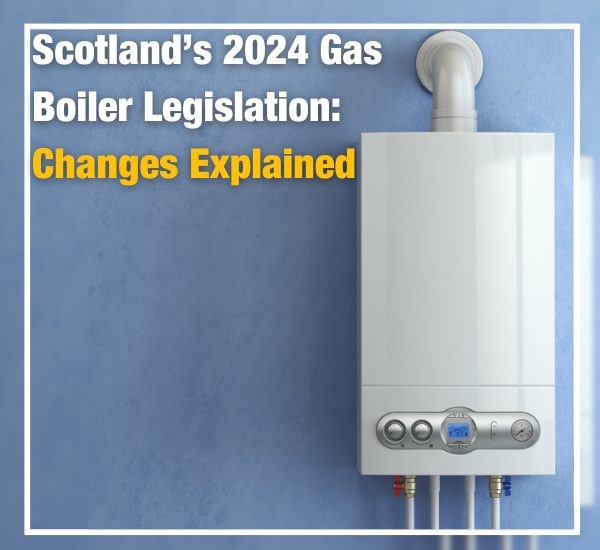
Scotland’s 2024 Gas Boiler Legislation Changes Explained
20 Jul 2023 ・ 4 mins
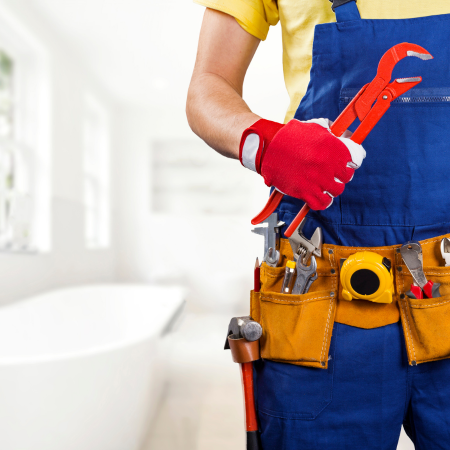
Top 5 Hygiene Products To Help Prevent Legionella
12 May 2023 ・ 5 mins

What is a boiling water tap?
22 Mar 2022 ・ 4 mins



